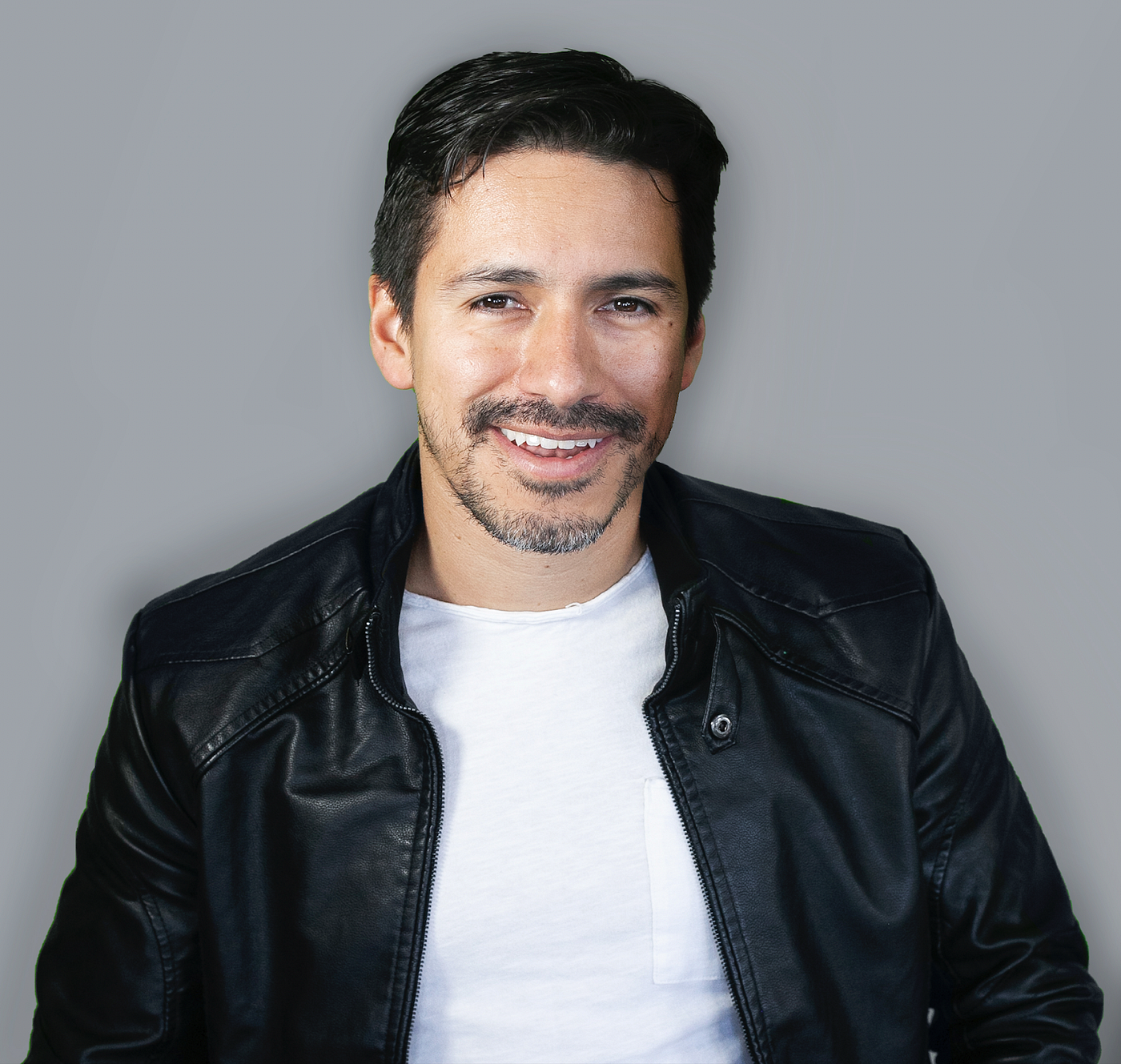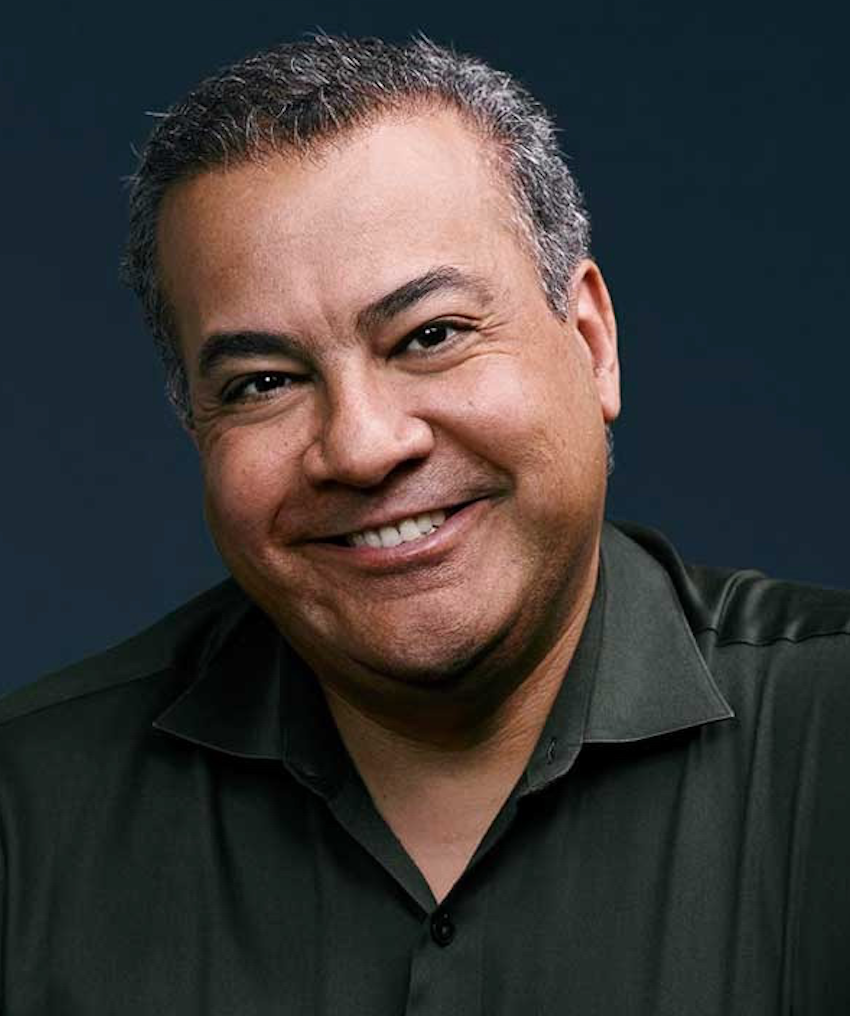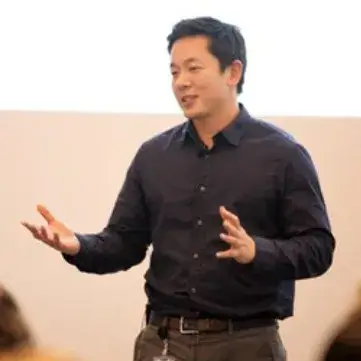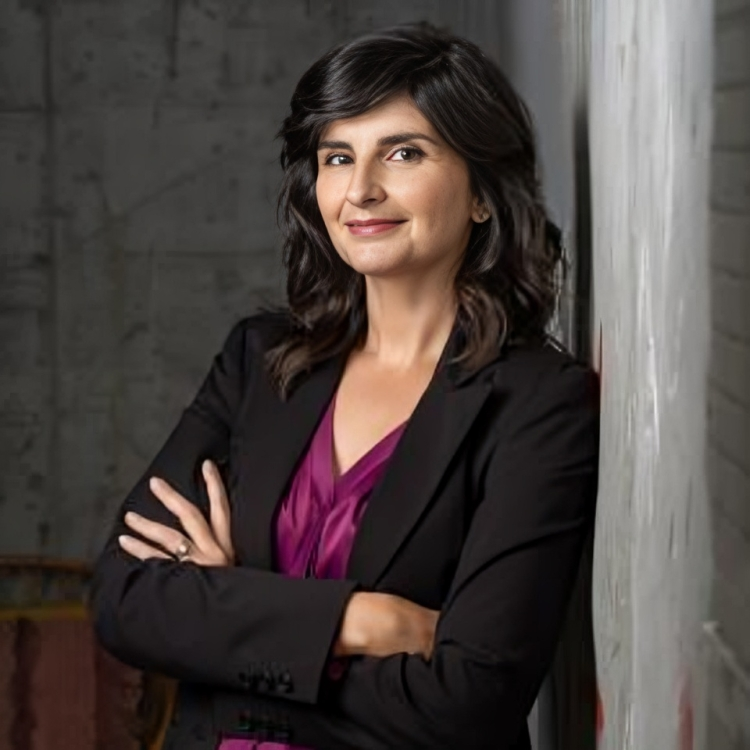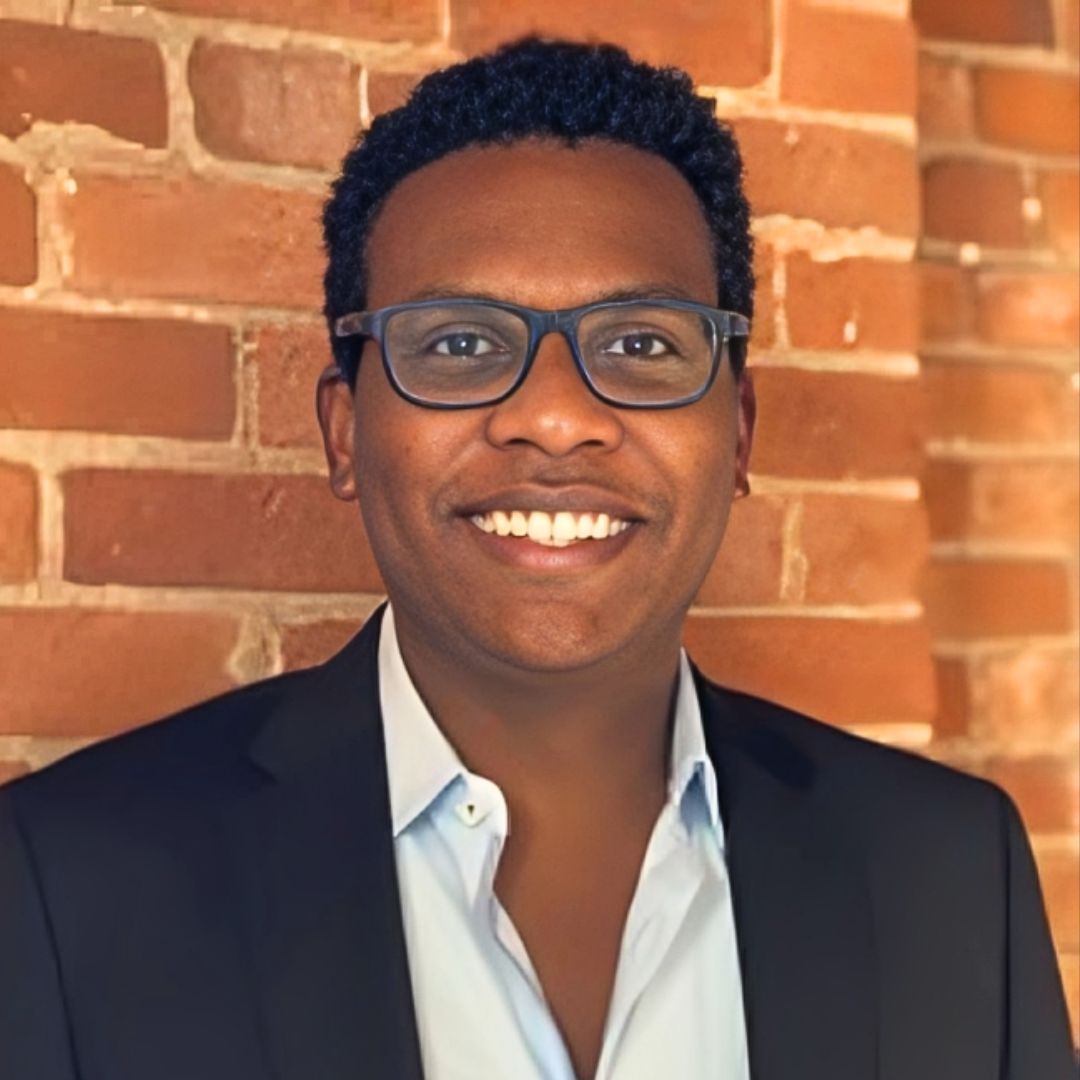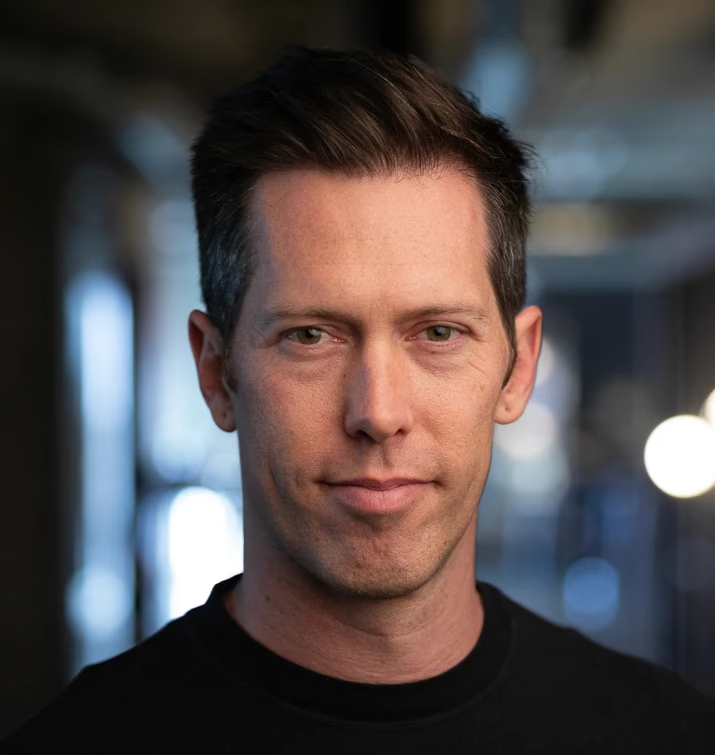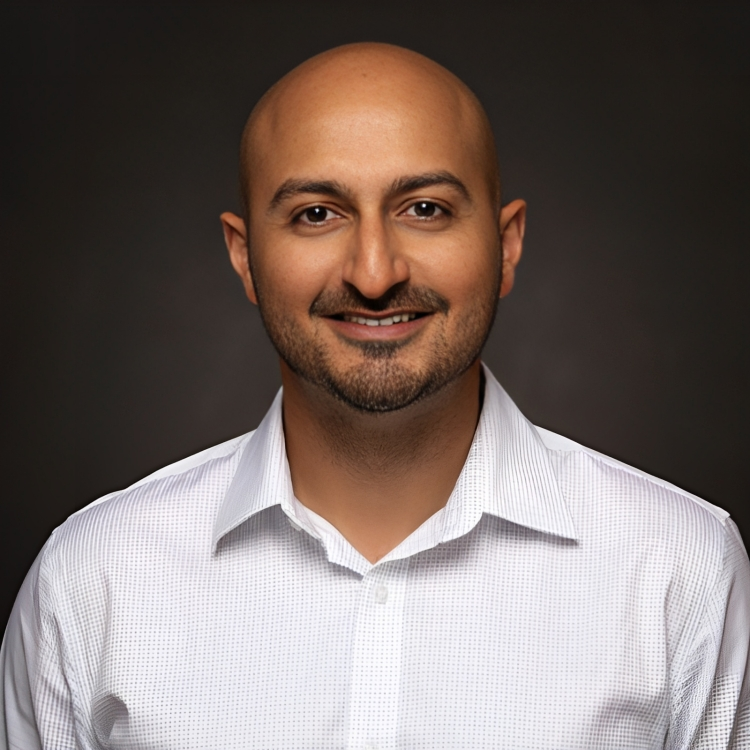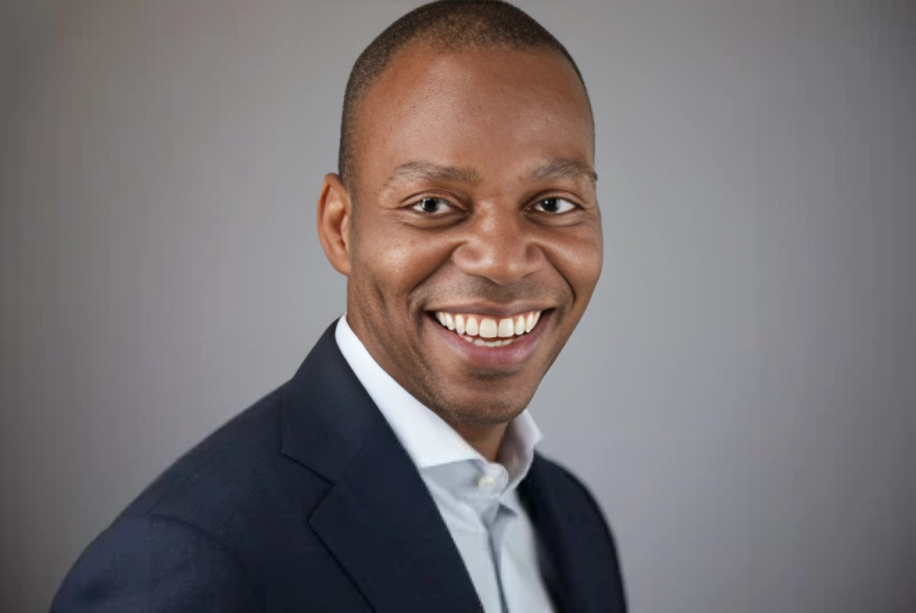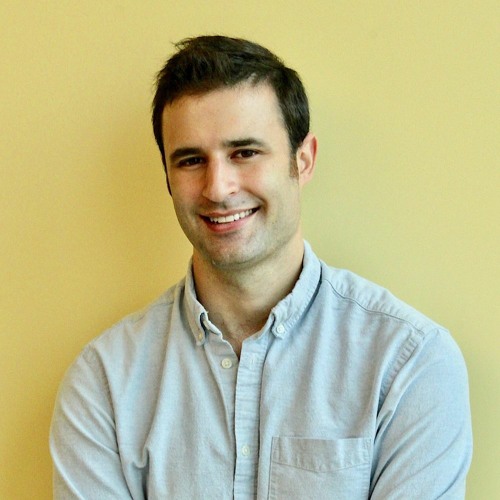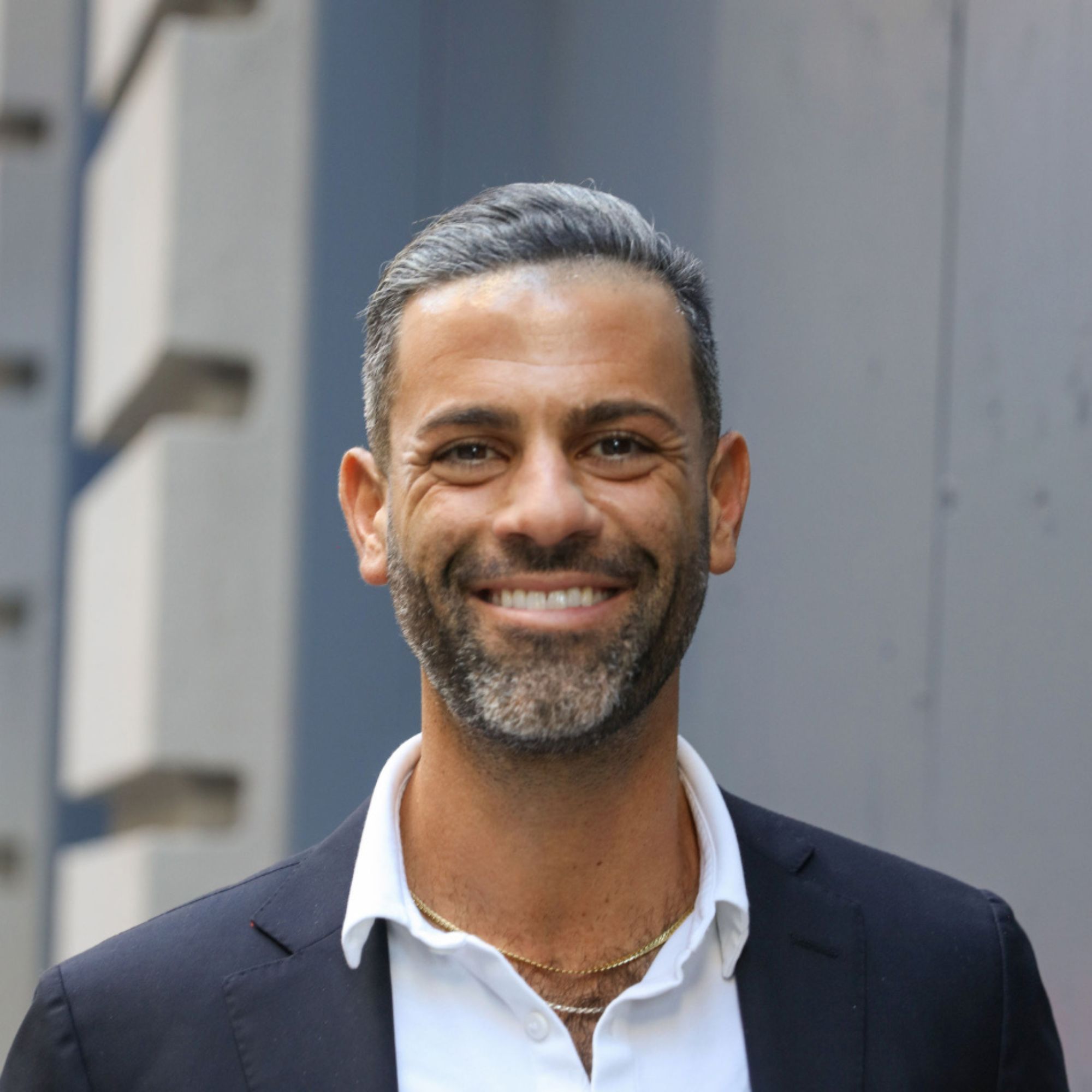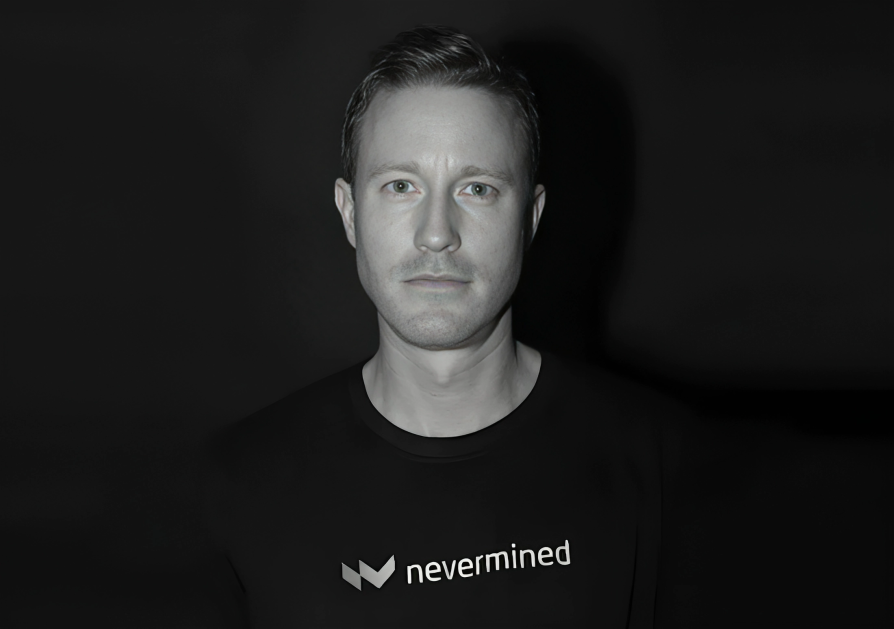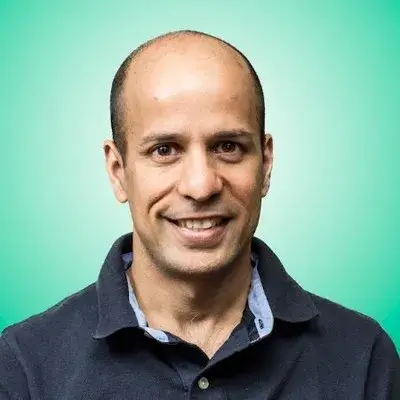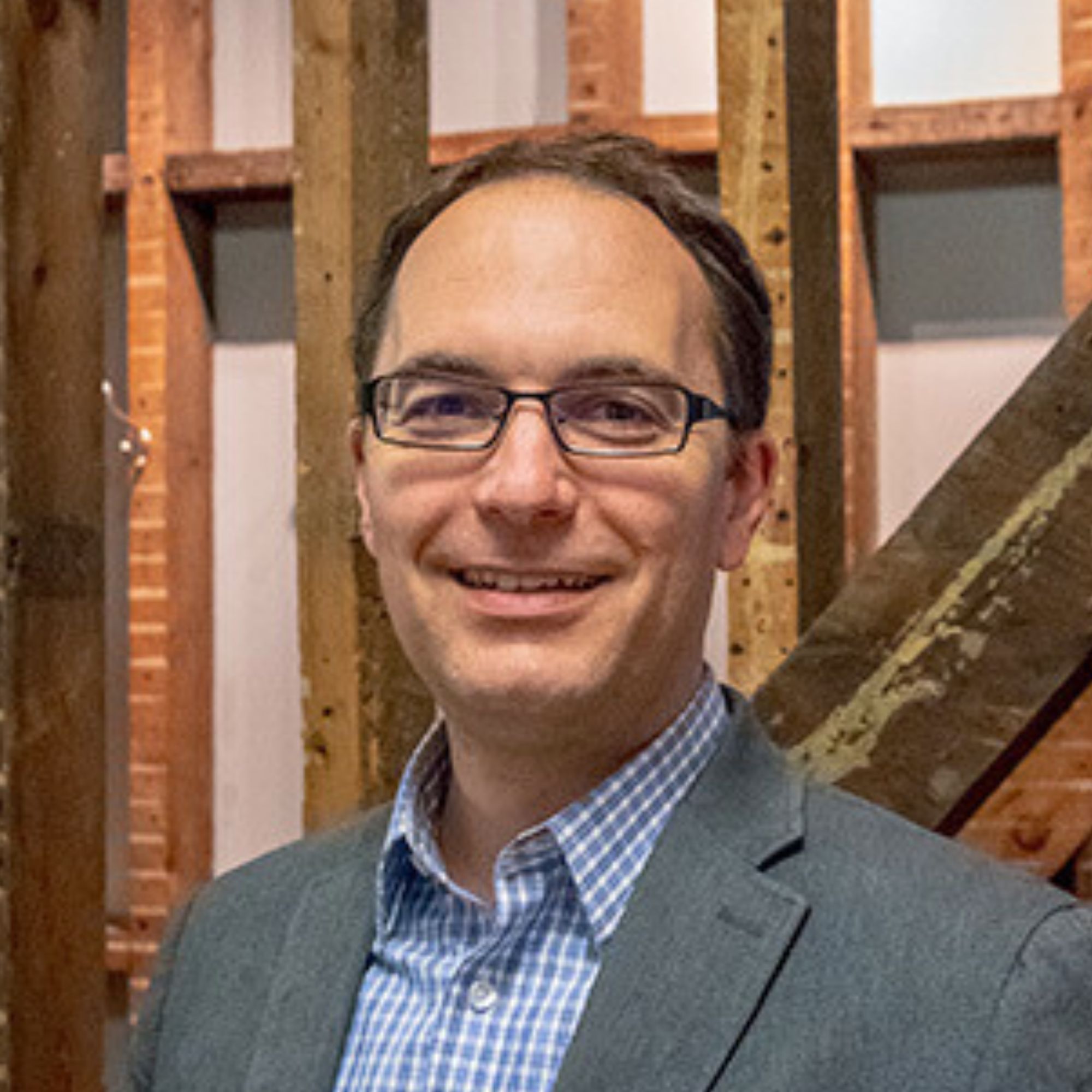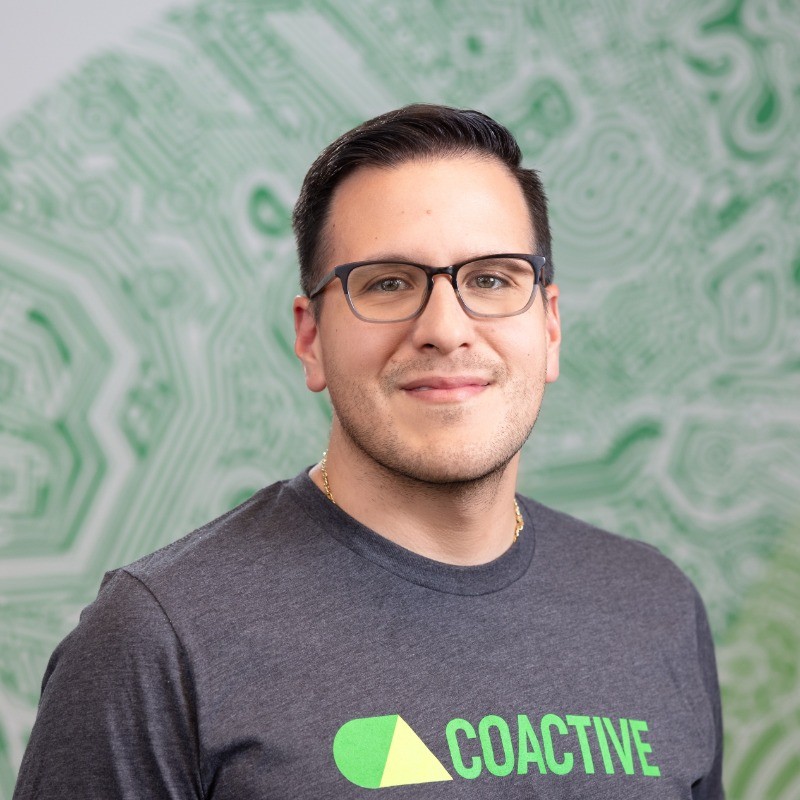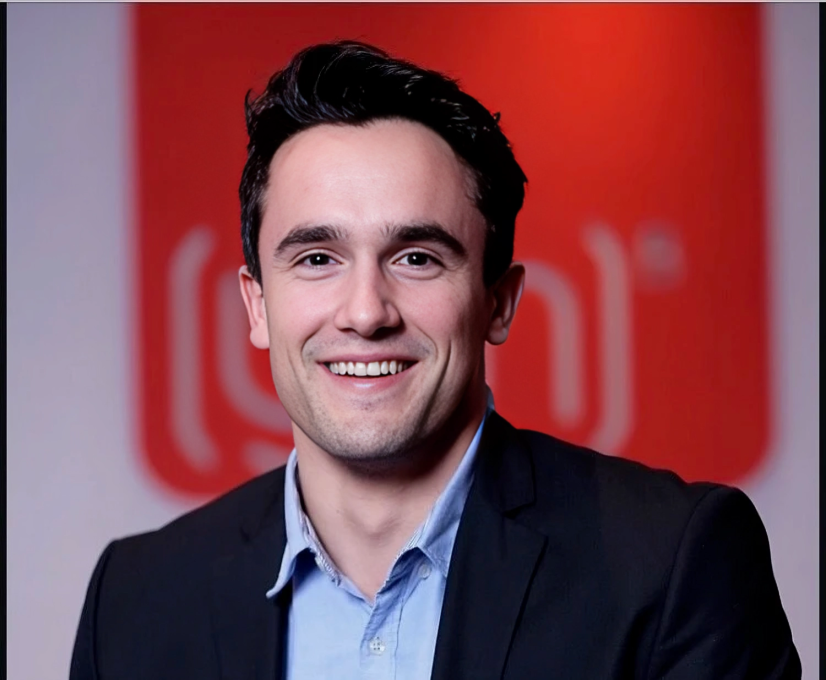Ready to build your own Founder-Led Growth engine? Book a Strategy Call
Frontlines.io | Where B2B Founders Talk GTM.
Strategic Communications Advisory For Visionary Founders
Actionable
Takeaways
Embrace Interdisciplinary Learning for Innovation:
Ashley's transition from software engineering to quantum computing underscores the value of exploring new fields and technologies, even those that seem counterintuitive or beyond one’s initial expertise. For founders, remaining open to learning about and integrating concepts from different disciplines can uncover unique opportunities for innovation.
Validate the Transition from Academia to Industry Carefully:
Deciding to transform academic research into a commercial venture is a significant step. Founders should weigh the advantages of speed, funding, and practical application that a startup can offer against the depth and freedom of academic research. This consideration is crucial for technologies like quantum computing, where the path to commercialization is complex and long-term.
Leverage Academic Skills in Entrepreneurship:
The skills acquired in academia—such as leading teams, conducting research, and public speaking—are invaluable in the startup world. Founders should not underestimate the transferability of these competencies to business leadership and team management.
Build Strategic Partnerships for Mutual Advancement:
Engaging with industry partners who have a deep understanding of the problems they face can significantly accelerate technology development and application. These partnerships should be hands-on and involve direct collaboration with technical experts to ensure the technology developed meets practical needs.
Prioritize Alignment in Early Hiring:
In fields with limited expertise, such as quantum computing, hiring individuals who not only possess the necessary technical skills but also share the company's vision and ethos is paramount. This alignment is crucial for navigating the challenges of pioneering new technologies and can make a significant difference in a company's trajectory.
Conversation
Highlights
From Academic Labs to Commercial Breakthroughs: How Phasecraft is Commercializing Quantum Computing
Most deep tech startups face a critical challenge: translating groundbreaking research into commercial reality. In a recent episode of Category Visionaries, Phasecraft co-founder Ashley Montanaro shared insights into how they’re tackling this challenge in quantum computing, one of technology’s most complex frontiers.
The Pivot from Academia to Industry
The quantum computing landscape was reaching an inflection point when Ashley and his co-founders launched Phasecraft. “Quantum computing was getting to this really exciting stage when it was really leaving academia and becoming actually a sort of really interesting commercial and industrial sort of pursuit,” Ashley explains. This transition represented more than just a technological shift – it marked a fundamental change in how quantum computing could create real-world impact.
For Ashley, the journey began with skepticism. “I didn’t really believe that it was true. I thought, okay, this must be wrong. I can’t believe that you could do all these amazing things with quantum mechanics.” This skepticism evolved into conviction as he delved deeper into the field’s potential, eventually leading to the founding of Phasecraft.
Building Deep Tech Partnerships That Matter
Rather than pursuing surface-level relationships, Phasecraft focused on developing meaningful technical partnerships. Their collaboration with Johnson Matthey exemplifies this approach, focusing on “very intense R&D partnership” where they’re “actually working directly with the scientists and the engineers.”
Ashley emphasizes the importance of connecting with technical teams: “I always find is incredibly valuable to try to get to talk to people who are sort of on the ground, who are doing the R&D, who are the scientists, who are the engineers.” This approach helps avoid getting caught in organizational bureaucracy and ensures partnerships deliver real value.
Navigating the Investment Landscape
For deep tech startups, finding the right investors is crucial. “Quantum computing is very much a marathon and not a sprint,” Ashley notes, highlighting the importance of aligning with investors who understand longer development cycles. This led Phasecraft to partner with investors comfortable with deep tech’s unique demands, culminating in their Series A with Playground, which Ashley describes as “really one of the world’s ultimate deep tech investors.”
Building a Technical Team in an Emerging Field
In quantum computing, talent acquisition presents unique challenges. Ashley points out that there are only “numbers in the hundreds, let’s say, have been like worldwide who have the right expertise.” This scarcity makes early hiring decisions particularly crucial, requiring a focus on both technical excellence and cultural fit.
The solution came from leveraging academic networks while building a commercial team. They began by “working with some PhD students at Bristol and at UCL in London and also managed to convince the fantastic postdocs to join us full time.”
Maintaining Credibility in a Hype-Driven Space
In emerging technologies, maintaining credibility is paramount. Ashley emphasizes the importance of realistic promises: “it’s critically important that you don’t over promise and only say things which you believe you actually can deliver.” This approach becomes particularly crucial in fields prone to hype, where credibility with investors and partners depends on maintaining realistic expectations.
The Path to Commercial Impact
Looking ahead, Phasecraft aims to achieve quantum advantage within “three to five years time,” when they’ll be “using quantum computers to have solved genuinely important problems from elsewhere in science and engineering.” This timeline reflects their focus on delivering practical value while acknowledging the complex nature of deep tech development.
For deep tech founders, Phasecraft’s journey offers valuable lessons in bridging the gap between breakthrough research and commercial success. It highlights the importance of building strong technical partnerships, finding aligned investors, and maintaining credibility while pursuing ambitious technological goals. As quantum computing continues its transition from research labs to commercial applications, these insights become increasingly relevant for founders working to commercialize complex technologies.



